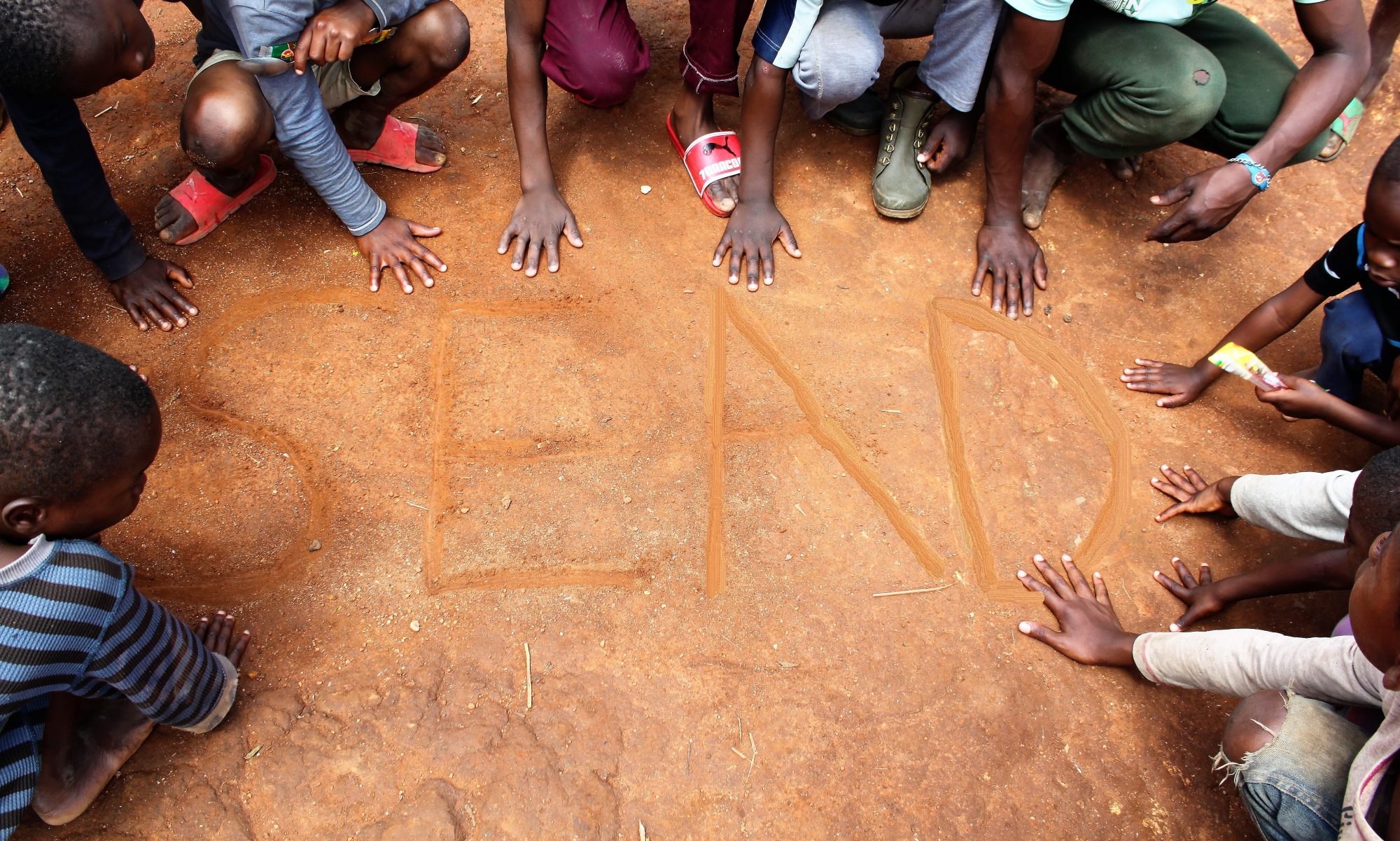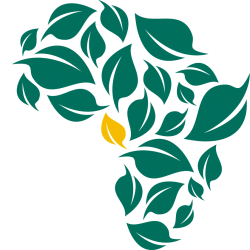Südafrikanisches Sprichwort
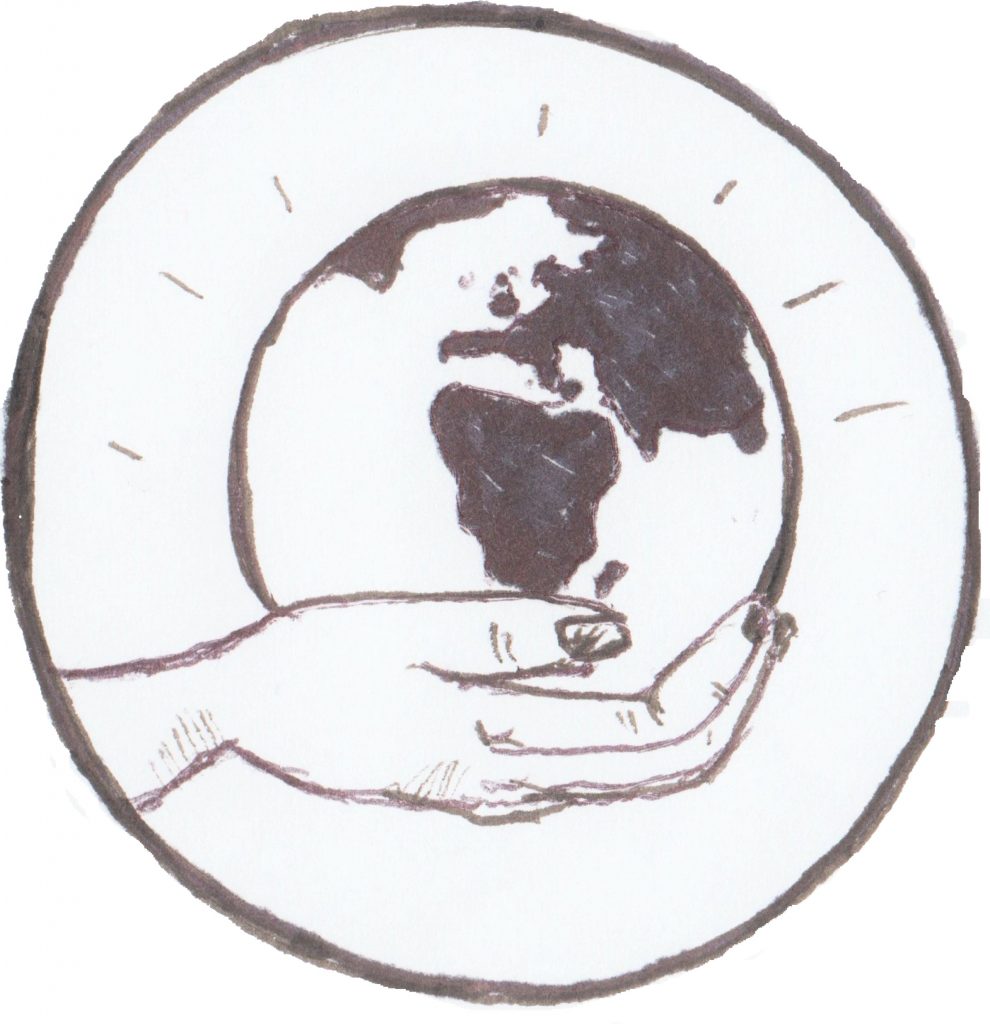
Sustainability:
If we look at the earth's natural resources, we must realize that they are limited and we cannot live at the cost of future generations and the global South. Sustainability therefore aims at development that ensures the quality of life of the present generations while at the same time preserving the choice for future generations to shape their own lives. The pursuit for justice, in terms of the distribution of wealth and development opportunities, must become a task for the whole society. This also includes social development that is ecologically compatible, socially fair and economically efficient. Together with the orphanage, SEAD wants to contribute to this goal through sustainable projects in the field of and by creating a new awareness for sustainable development. The projects aim to achieve the financial independence of the Good Shepherd Home. The sale of locally produced products should be used to make profit for self-sufficiency. In doing so, the connection between environment, economy and society must always be considered. The following applies: no economic and social progress without an intact environment, and no intact environment without social and economic well-being. Sustainability is the way to establish a balance that also benefits future generations.
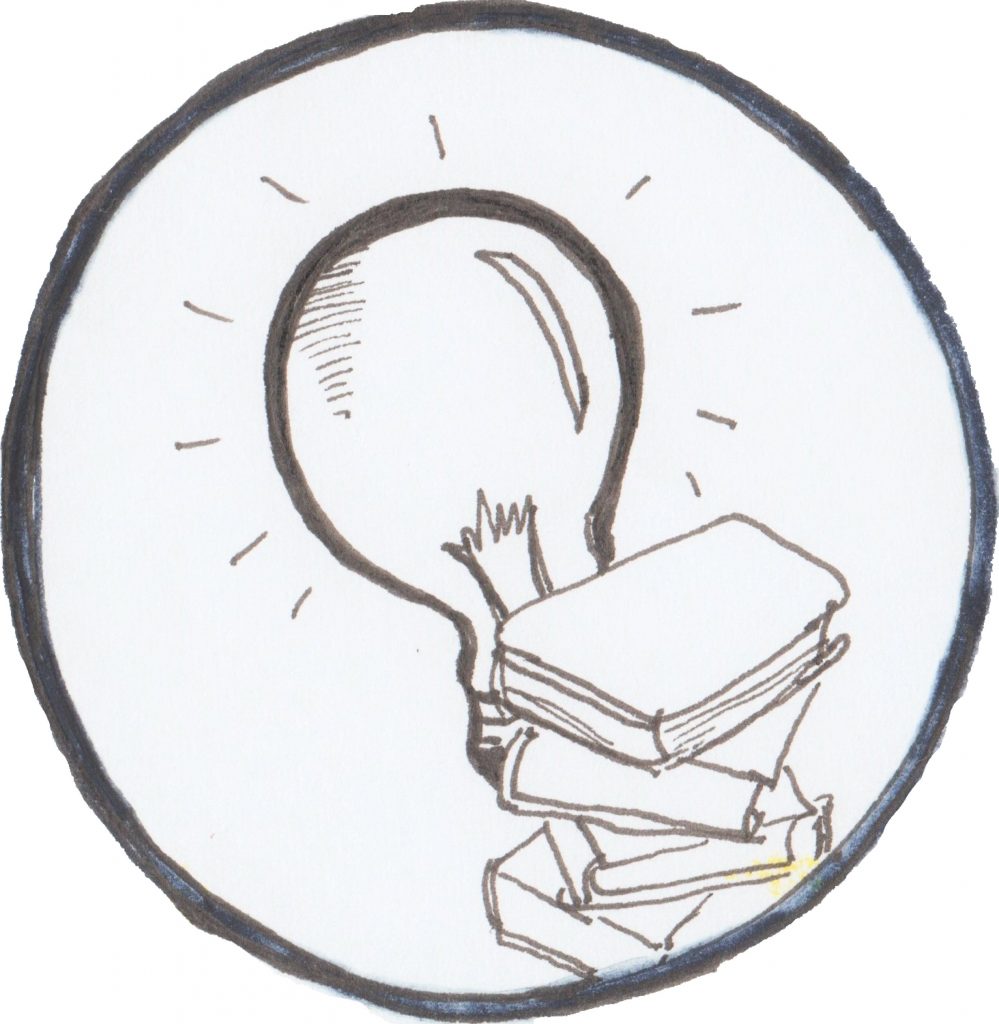
Education:
The Universal Declaration of Human Rights demands free access to education. For many children and young people, however, the reality is quite different. Educational poverty and the resulting unemployment are among the greatest challenges in Africa and especially in Cameroon. For this reason, SEAD would like to focus on education in order to offer children a path to a secure and professional existence in their home country. Formal education is not only a way out of poverty, but it is a fundamental building block for the whole development of children. There are both state and private institutes in Cameroon, but a state school does not automatically mean free education. Financial support from the state is often insufficient, as costs for school equipment and maintenance are required. This is not always affordable for the numerous orphans. The children of the Good Shepherd Home deserve to receive their school education free of charge through donations in order to strengthen skills that can later be applied to a career. They should also have the possibility to start a university study, but this is challenging due to high costs. With a university degree, the chances of finding a job increase resulting in a more secure, independent future. We would like to support the young adults on their journey and give them the chance to become leaders in their society by providing financial support in their professional career. This will enable them to can positively contribute to and shape their own country.
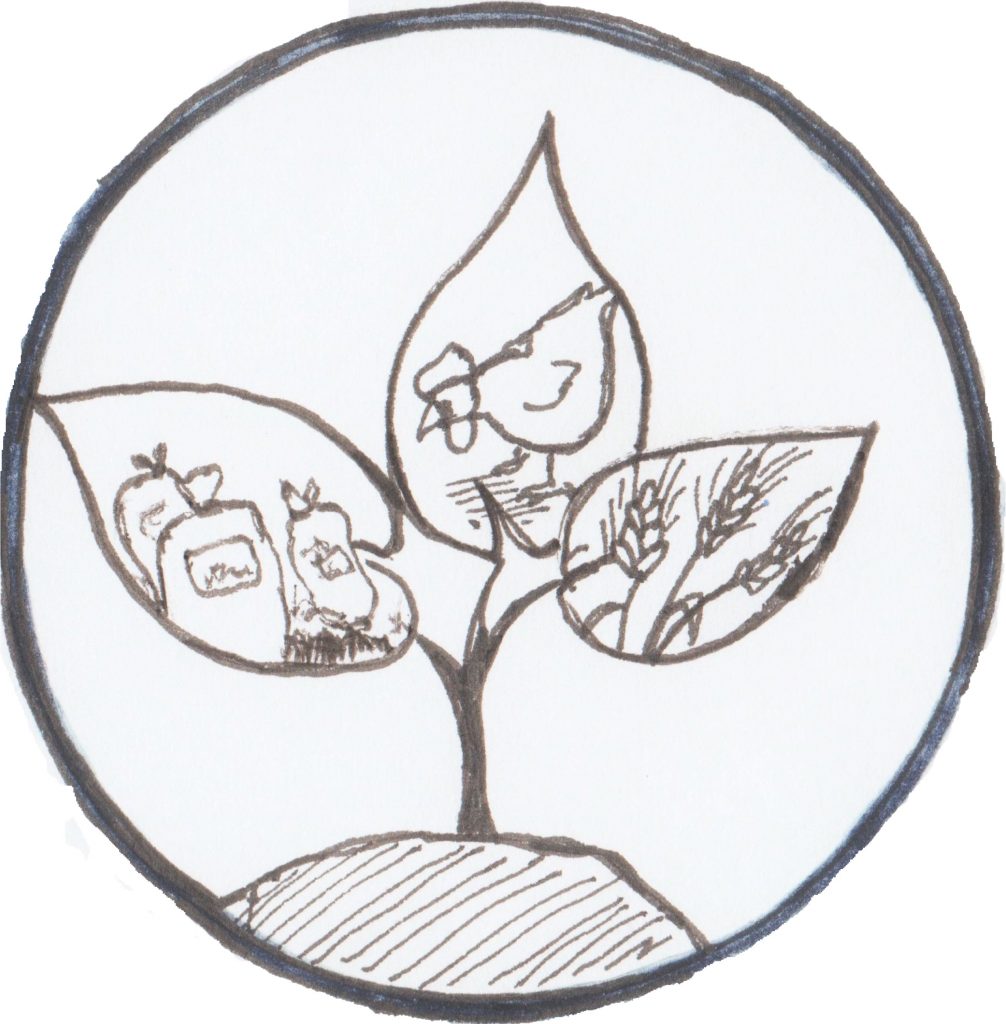
Agriculture:
The agricultural sector is most important in Cameroon. It takes up the largest part of the economy. Nevertheless, the country has serious problems with its self-supply of food, and rural agriculture has long been neglected. Apart from subsistence farming, which aims at self-sufficiency, the cultivation of "cash crops" such as cocoa, coffee, cotton, bananas and palm oil is very common. Cash crops are mainly grown for international export to industrialized countries and are often in the hands of large and private corporations. Food production is dependent on small farmers but competes with "cash-crop" production as they take land and resources for their own use. In the Good Shepherd Home, we want to promote and expand subsistence agriculture through existing and new sustainable projects. The orphanage feeds the children mainly through its own agricultural food cultivation and secures income through sales. By working together, the projects should become more efficient, more sustainable and more profitable, ensuring agricultural self-sufficiency.
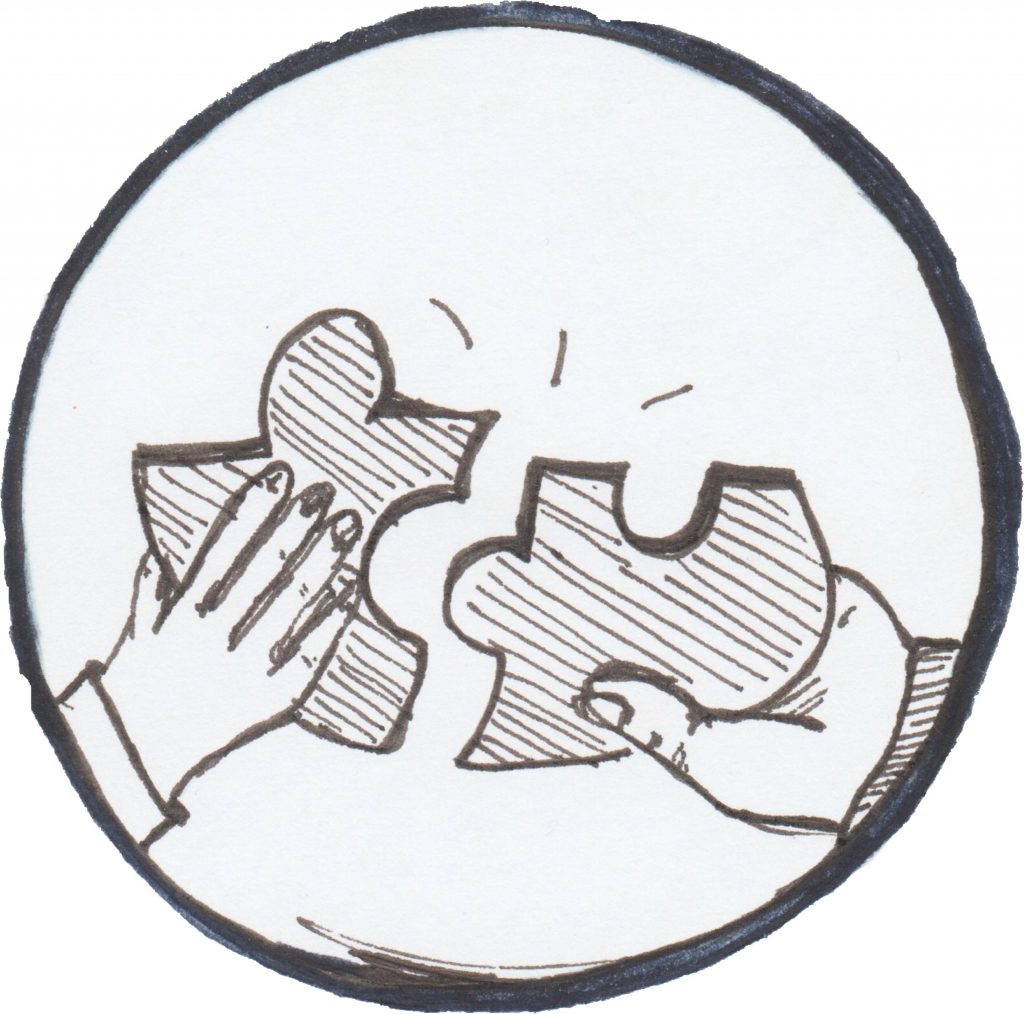
Development:
Through development cooperation approaches, the differences in socio-economic development and general living conditions are to be permanently and sustainably reduced. The basic principle is "help for self-help". Through empowerment and initial financial support, the orphanage aims to become self-sufficient. It will only be supported to the extent that there are still deficits in its own economy. The term "development" must be viewed critically, as it often manifests neo-colonial and Eurocentric structures. A hierarchy between us and "Africa" is maintained, which can have an impact on international work and reflects the exploitation of the global South by the industrialised countries. We need to be aware of how the global context affects our work in practice and to constantly remind ourselves of this context. For this reason, a fair, partnership-based cooperation at eye level is very important to us and our team is represented by Cameroonian leaders of the Good Shepherd Home in Bamenda. The orphanage is always involved in decision-making processes. We would like to promote intercultural communication through constant exchange, experiences and different backgrounds. Projects are developed, reflected and evaluated together with members of the association and the orphanage on site. Cooperation and mutual learning from each other are therefore the basis of our work. Through political commitment (workshops, cultural offers, lectures) and intercultural exchange with Cameroon, we also want to reduce prejudices, promote interculturality and make a positive contribution to the development cooperation.
